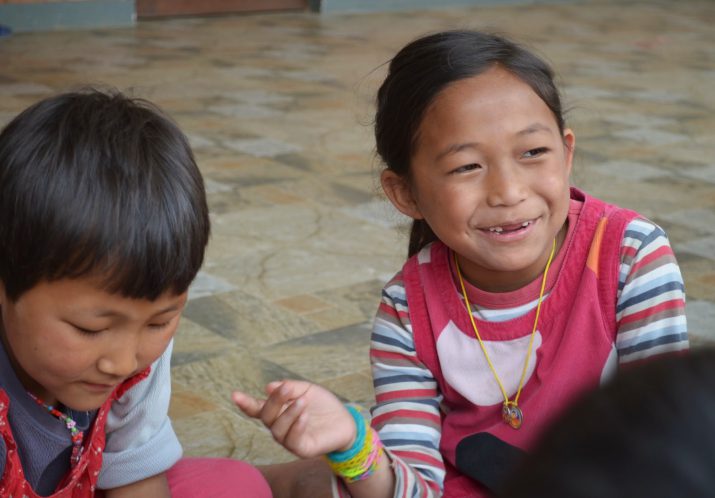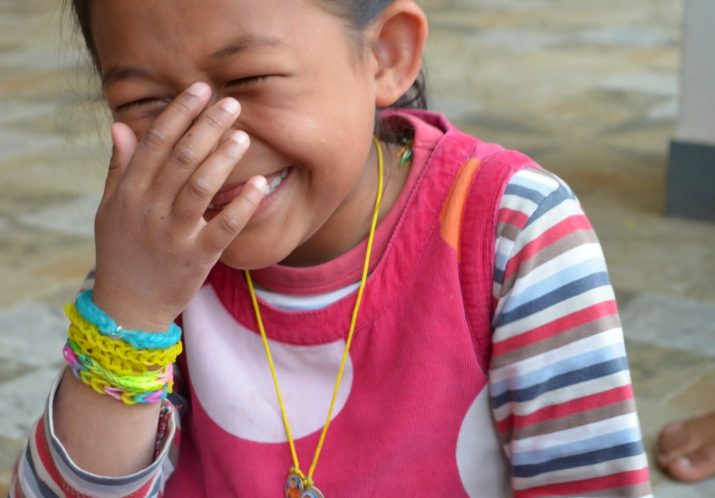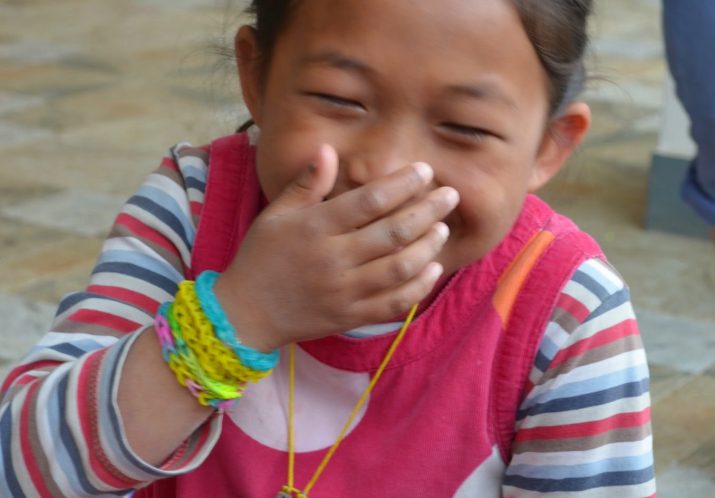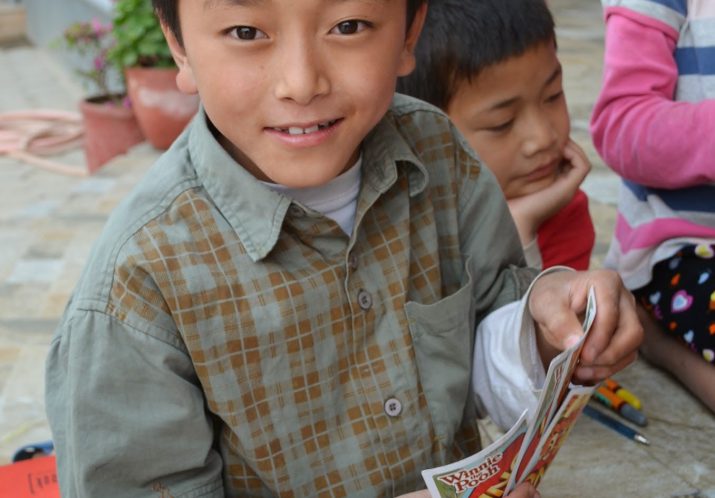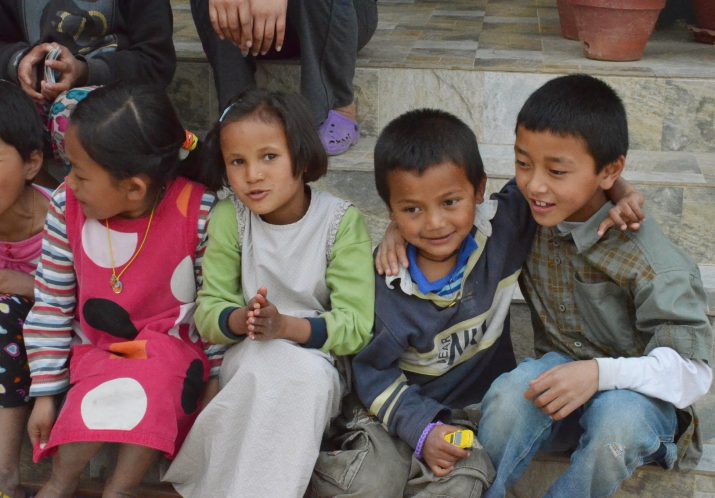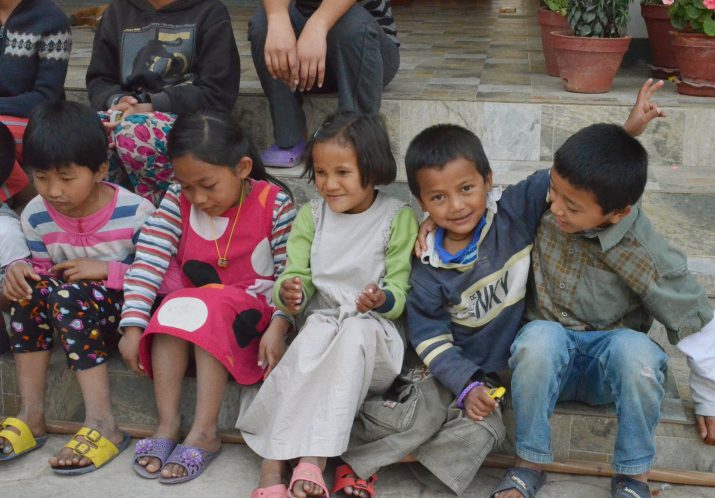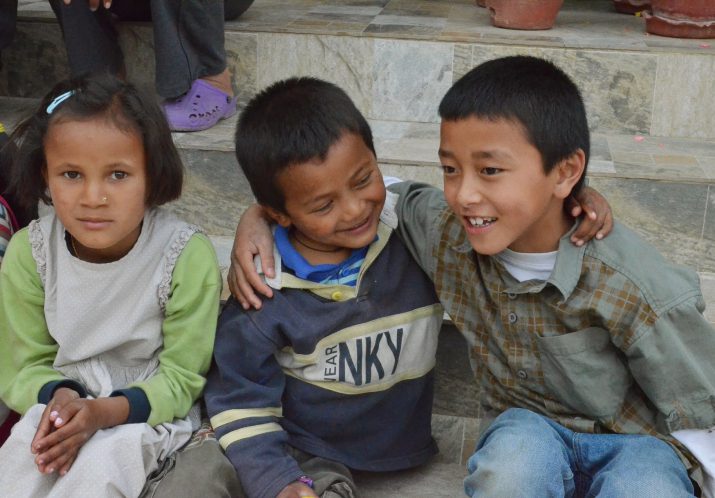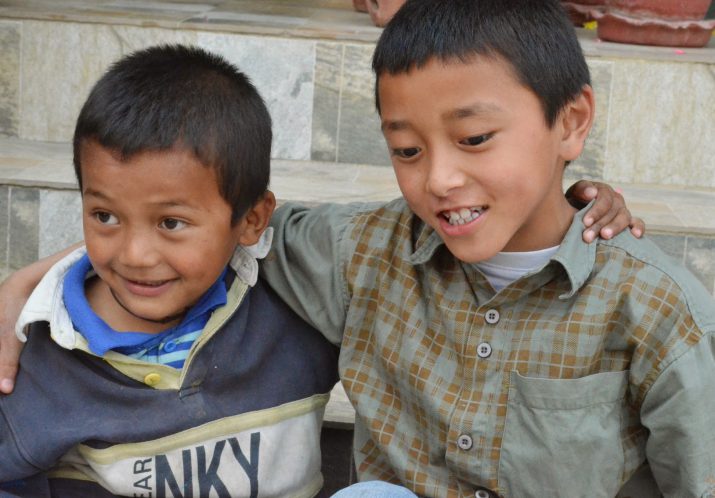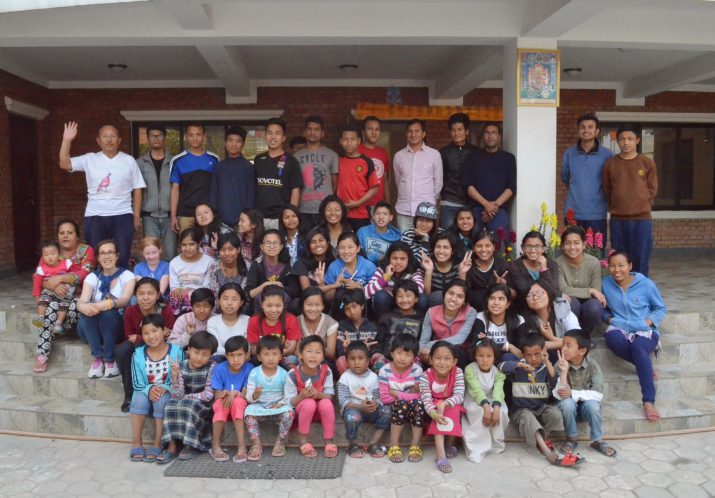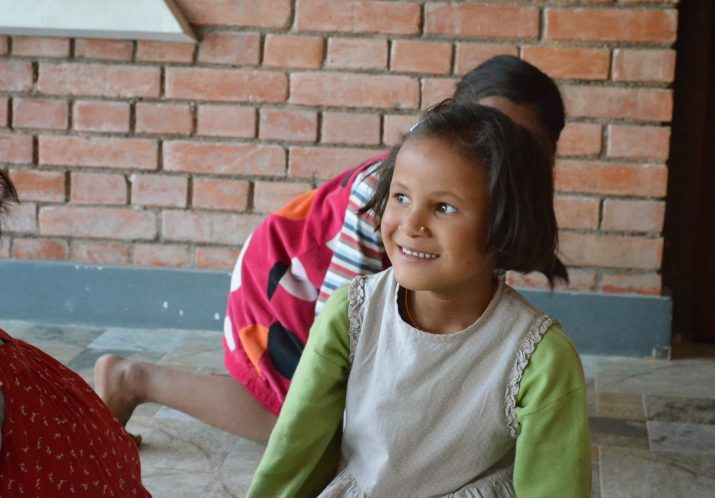Because every child deserves a future !
News
Célébration de Losar (fête du Nouvel An) au Centre Sagarmatha 💜 ... See MoreSee Less


 +3
+3
- likes love 15
- Shares: 0
- Comments: 2
Célébrations de Maha Shivaratri, ce 15 février 2026, au Centre Sagarmatha.
Que cette Shivaratri emplisse chaque cœur et notre planète de guérison, de bénédictions et de force !
... See MoreSee Less


 +4
+4
Situation in Nepal
Nepal is a landlocked country in South Asia, south of China and surrounded by India on three other sides, stretching along the high ridges of the Himalayas.
The country has a total surface area of 147,181 km² and is home to 30.6 million people from over sixty different castes or ethnic groups. The proportion of the population living in urban areas is extremely low, and most of the population lives in rural areas. Nepal’s geographical location makes it highly vulnerable to natural disasters such as earthquakes, landslides and floods.
Because of its political and financial situation, Nepal is considered one of the least developed countries in the world. With an average annual income of €1,267, the country is one of the poorest in the world. A quarter of the population lives below the poverty line, and the majority lives from subsistence farming, tourism and foreign remittances that provide the country with urgently needed foreign currency. Nearly a million children are orphans in Nepal, more than 3% of the total population. Despite this dramatic situation, the centres supported by the Sagarmatha Swiss Organisation are financed solely by private funds and receive no state aid.

